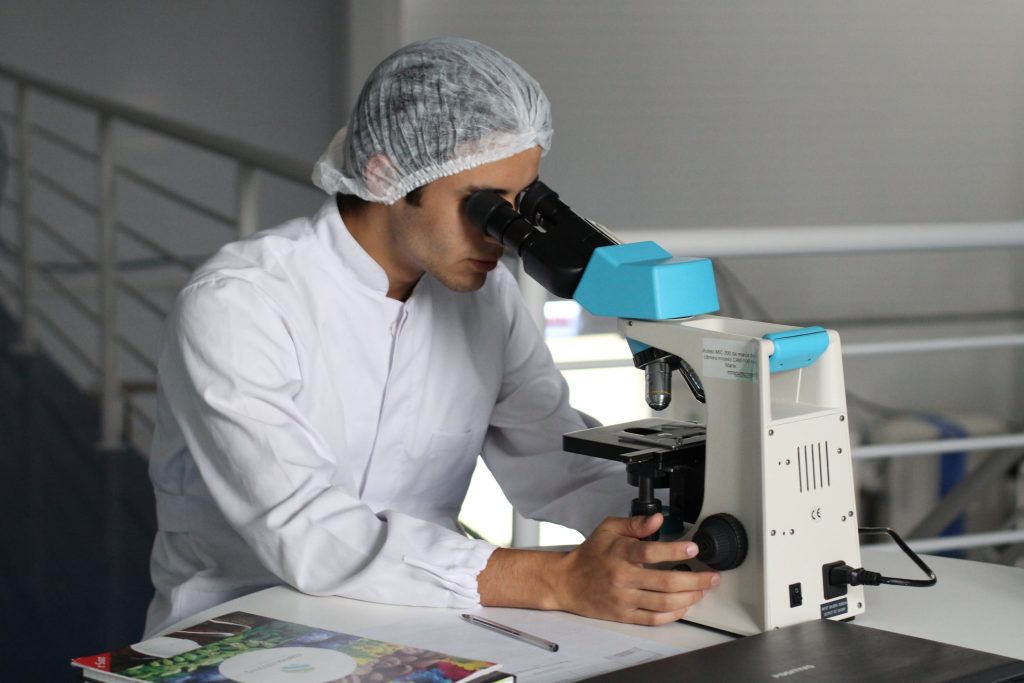
Antimicrobial resistance (AMR) is a pressing global health threat that has been receiving increased attention from everyone from journalists to world leaders. Read more to learn about AMR, and why it’s important that we act to defeat it.
What is antimicrobial resistance, and why is it a problem?
Microbes are living things that are too small to be seen by the naked eye. Some microbes, such as certain kinds of bacteria and fungi, are harmful, and we have therefore developed medicines such as antibiotics to act against them.
Antimicrobial resistance refers to a disturbing phenomenon: Some microbes have developed ways to evade the effects of drugs like antibiotics. Because of AMR, certain drugs that we have historically counted on to treat infections are losing effectiveness.
Why should you get involved?
AMR will become a major threat to global health within our lifetime. Far from being a distant threat, AMR is already costing lives around the world – and the problem will only worsen as drug-resistant strains of microbes continue to multiply and spread globally. A 2014 report produced by the Review on Antimicrobial Resistance, a major research project on AMR commissioned by the British government, estimated that approximately 700,000 people from countries all over the world – 50,000 in Europe and the U.S. alone – already die each year from drug-resistant infections. The project’s final report, released recently, warns that if current trends continue, as many as 10 million people per year could die from drug resistant infections by 2050.
The economic impact is staggering: By 2050, the estimated cost of AMR to each individual person will exceed $10,000 USD. It is clear that the global
community needs to act now to ensure that these projections do not become a reality.
What can be done to address this threat?
Defeating AMR will depend on a truly global effort that involves pharmaceutical companies, governments, philanthropic organizations, and international bodies like the World Health Organization (WHO) and the Food and Agriculture Organization (FAO).
According to WHO, individuals can help address the issue by “using antimicrobial drugs only when they are prescribed by a certified health professional, and completing the full treatment course,” among other steps. Educating others about AMR and what we can do to help stop it is another simple yet critically important role that each of us can play. A global conversation is taking place on AMR and needed solutions throughout 2016. AMR was on the agenda at the World Health Assembly last month, and on the sidelines of this event, WHO and the UN Foundation hosted a +SocialGood panel on AMR on Tuesday, May 24. You can watch the recording of the event here.
In September, world leaders will come together at a high-level event at the UN General Assembly to discuss AMR.
We hope that you’ll take part in the conversation and help tackle this global health issue. Follow the UN Foundation ( @UNFoundation) and WHO (@WHO) on Twitter to stay up to date.
By Anne Marie Giangiulio
Global Health Officer at United Nations Foundation

